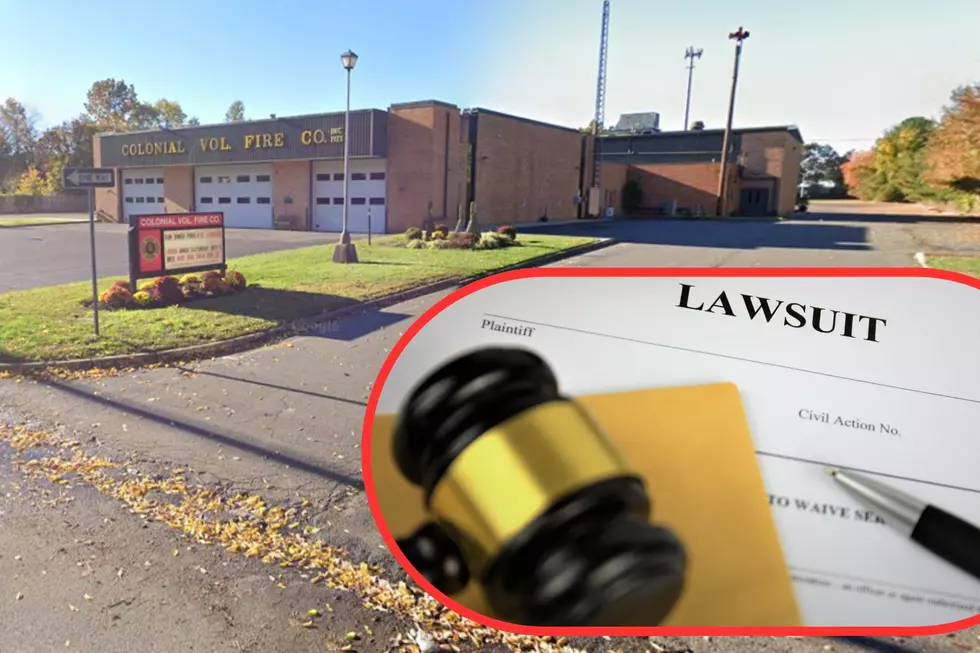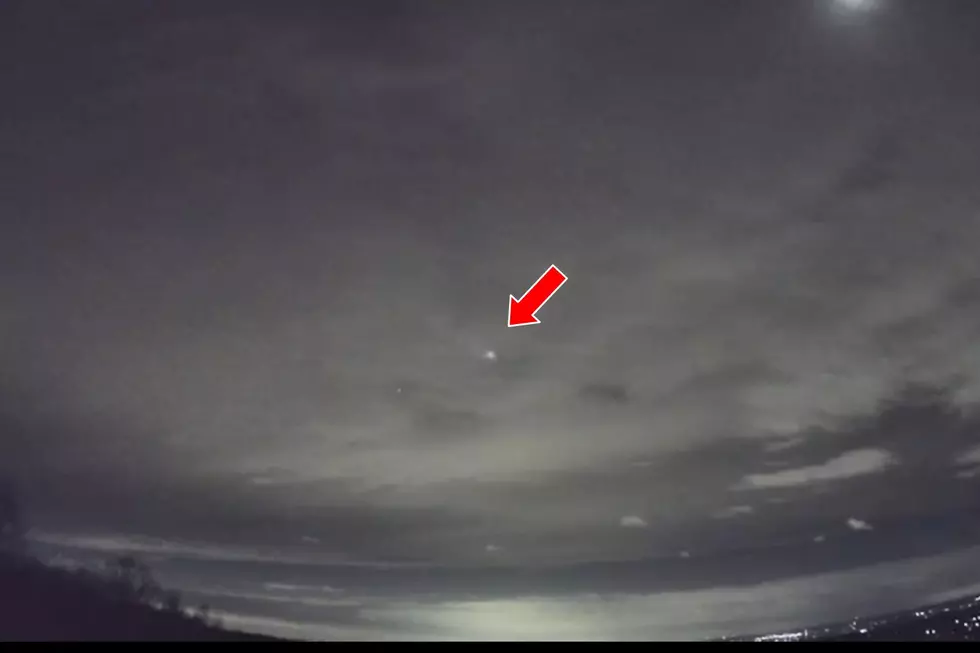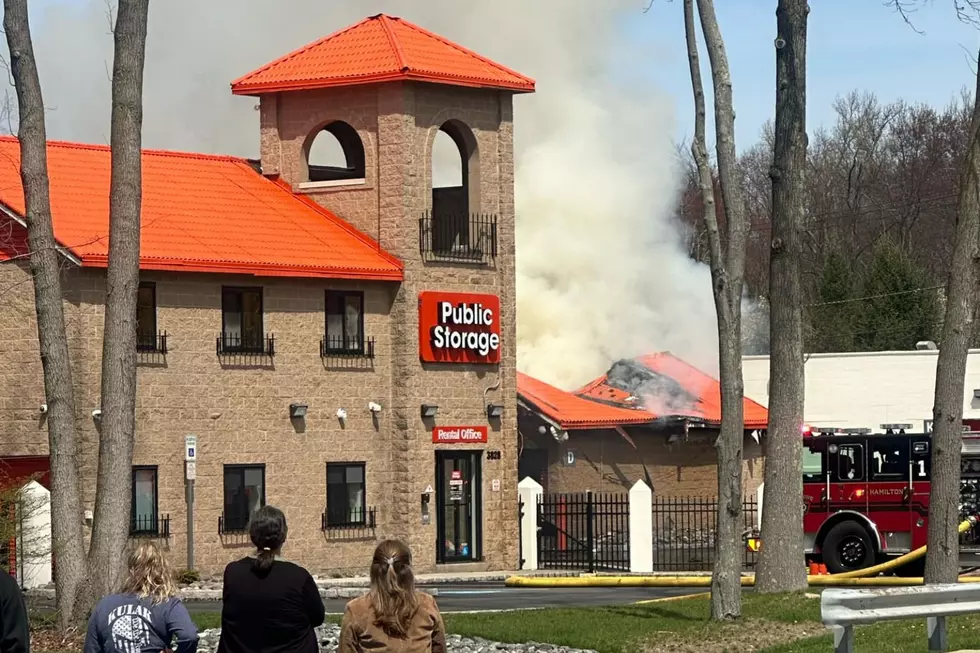
Robbinsville, NJ is home to newly expanded pet cancer care center
ROBBINSVILLE — A diagnosis of cancer in a beloved pet can often be seen as life-altering or life-ending, painful to a furry friend, and limiting its quality of life.
There are many veterinary radiation centers across the country, but few offer the high-tech imaging of a new, comprehensive cancer care facility now open in Robbinsville, a partnership between the home-base NorthStar VETS specialty hospital and PetCure Oncology.
Dr. Rick Chetney, PetCure radiation oncology specialist, oversees the new endeavor, and said it's the first such collaboration in New Jersey.
Chetney said the median age of cancer formation in a pet such as a dog or cat is 9 or 10 years old. So, most patients do not live 15 to 20 years after a cancer diagnosis, but to the degree the cancer can be managed comfortably, a long lifespan can be possible.

"Just like any other disease process, if we're talking about heart disease, kidney failure in cats as they age, things like that, our goal is to treat the disease and to convert it into a chronic disease process," Chetney said. "All of our treatments are geared toward preservation of quality of life first and foremost, and then if we can establish that quality of life, the extension of time of life, to get them to live their natural amount of time."
Up to this point, according to Chetney, veterinary radiation protocols have been relatively antiquated, and are intensive: 16 to 20 daily treatments, five days a week, for three to four weeks at a time.
With tools such as the Halcyon linear accelerator, made by Varion, he said time and frequency of treatments can be greatly reduced, while precision increases.
"We're treating cancer and then a small margin of 2 to 3 millimeters on the outside, so we're actually able to increase the dose the tumor gets while sparing normal, surrounding tissue," Chetney said, in comparison to a previous area of 5 to 10 millimeters around a tumor that might be affected.
All of that improved targeting also mitigates side effects, Chetney said.
"We're generally not seeing as severe of those early inflammatory side effects with the stereotactic protocols, because we can be so concentrated in our dose daily that we don't have to go to a high cumulative dose," he said.
Lower amounts of anesthesia are needed for these treatments, but for pets for whom anesthesia is not possible due to some other health factor, Chetney said PetCure and NorthStar are also working on palliative protocols that will still treat and manage cancer symptoms in a less aggressive way.
Patrick Lavery is New Jersey 101.5's afternoon news anchor. Follow him on Twitter @plavery1015 or email patrick.lavery@townsquaremedia.com.
Check out these 50 fascinating facts about dogs:
More From New Jersey 101.5 FM









